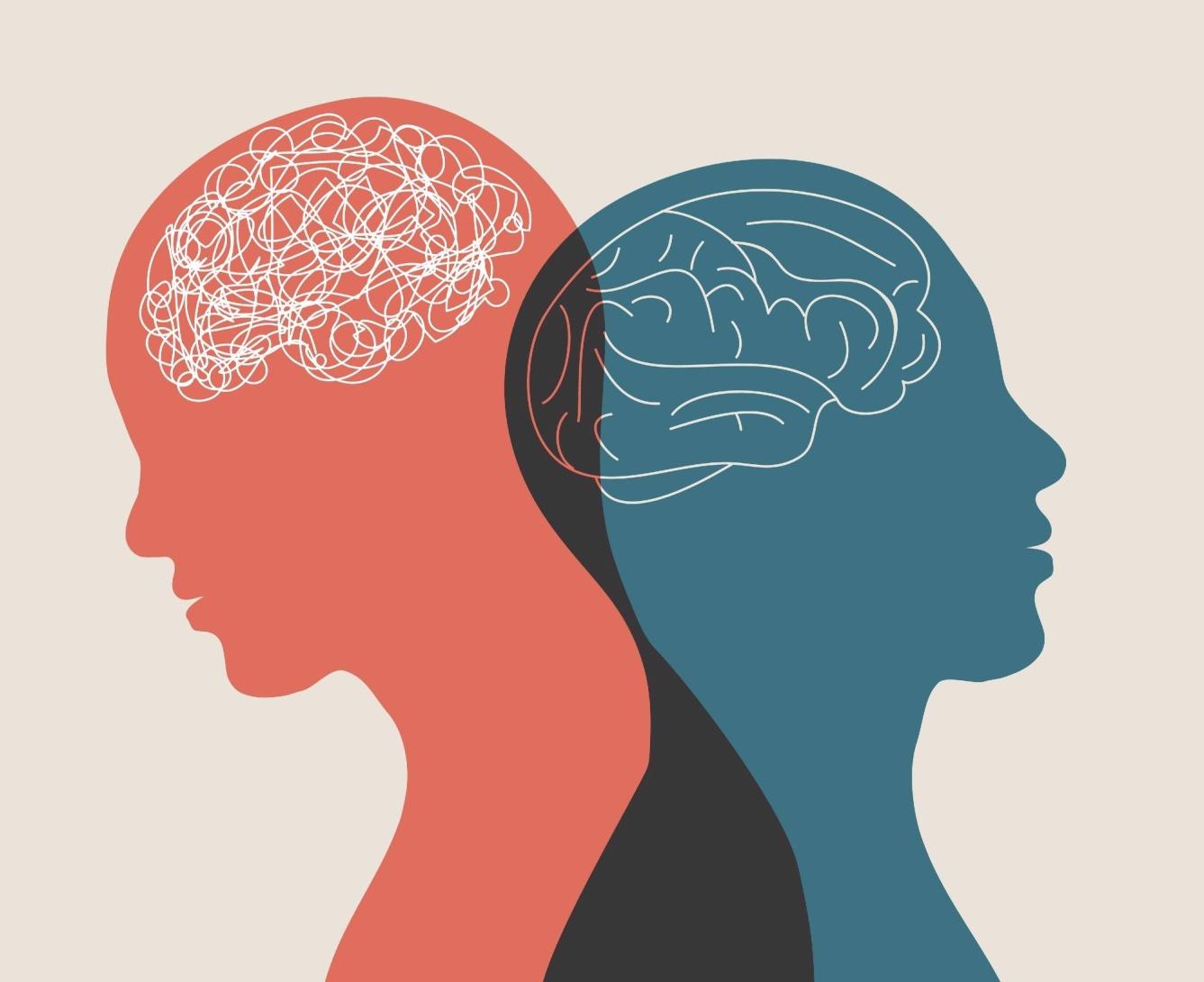
(essay)
In post-Soviet countries, the topic of mental health remained taboo for a long time. Therefore, the happiness statistics of a typical citizen of Eastern Europe are disappointingly low. Recently, the indicators began to improve. Will the war “collapse” the indicators to the previous results?
The World Happiness Report is a landmark survey of the state of global happiness. It contains articles and rankings of national happiness, based on respondent answers of their own lives, which the report also correlates with quality of life factors. The results tend to be predicted by 6 factors (gross domestic product, social support, healthy life expectancy, freedom, generosity and absence of corruption).
As of March 2022, Finland had been ranked the happiest country in the world five times in a row. Ukraine has never been even in the top ten. Our indicators resemble a sinusoid: the highest position was in 2013 (87th place), and the lowest was in 2018 (138th place). This is explained by one specific thing. We are very dependent on the political situation in the country. The long-awaited prosperity and overcoming of the economic crisis of 2008 were stopped (during which Ukraine became one of the five countries that lost almost 1,000 “lucky points” in the potential rating).
The war destroyed the well-being of hundreds of families, so the country felt “depressed.” Before the upcoming presidential election, Ukrainians were as if in a “sad abyss,” even some African countries (Sudan, Uganda, Chad, etc.) were happier than us, and the standard of living in which can hardly be called high.
This happened due to inflated expectations. If a Ukrainian feels like a failure, he will certainly get upset and give up. This is a consequence of a Soviet behavioral pattern: you are either better than everyone else, or a loser.
That is why we see so many neurotics and simply stressful individuals among young people and adults. In addition, first-class psychological help is not affordable for everyone, and only a few people call the free hotlines.
So how to overcome this problem? We have to get rid of the victim mentality. If the state understands that it needs healthy citizens, then it should arrange “national group therapy”: free grant programs, psychological testing for future parents, ways to treat addictions, reform of medical institutions, exchange programs for medical students, etc. And citizens should take care of their mental well-being and accept or ask for help if necessary. Subsequently, understanding individual and social convictions about altered mental behavior is a key for implementing compelling ways to deal with mental health care.
I believe that the war will end, but not immediately. Our fight against evil inspires the whole world. We created a new behavioral pattern: crying has not given freedom to anyone yet (...Бо плач не дав свободи ще нікому…).


























































Залишити відповідь